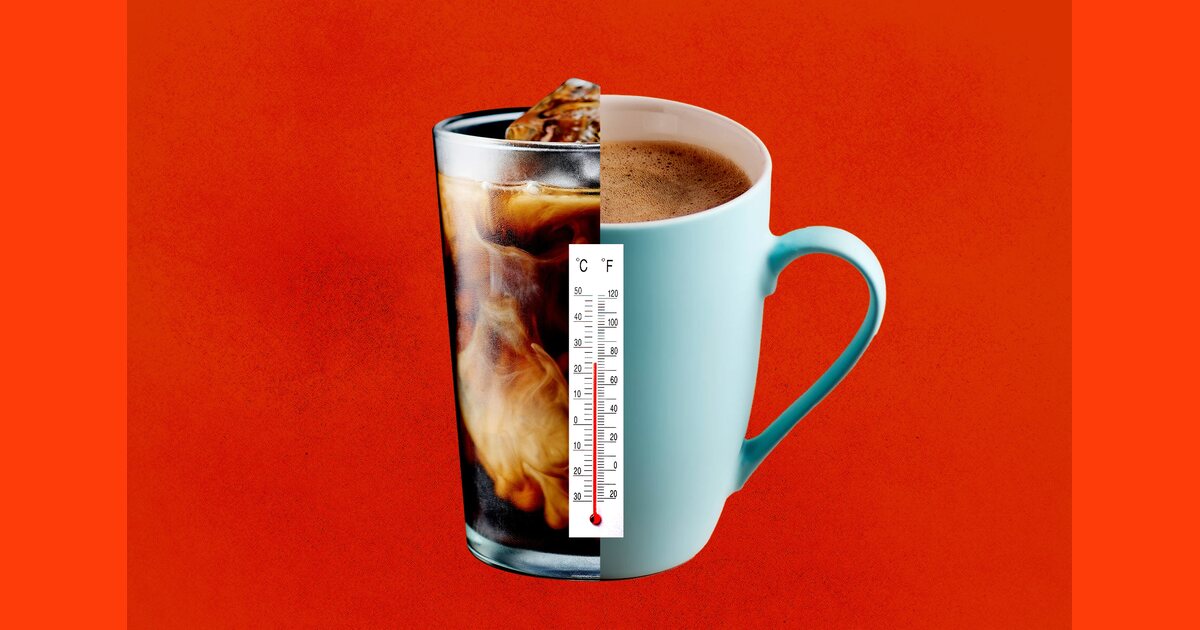In the ongoing debate between hot vs iced coffee, experts have shed light on the reasons behind individuals’ strong preferences for the temperature of their favorite brew.
Recent data from the National Coffee Association’s Fall 2023 trend report reveals a notable surge in iced coffee consumption, with a staggering 64% increase since January 2023.
Hot Vs Iced Coffee: The Science and Psychology Behind
Starbucks, one of America’s largest coffee brands, reported that cold beverages accounted for a remarkable 74% of their beverage sales in the last quarter. This shift towards iced coffee has been evident for some time, as evidenced by a 2012 Dunkin’ Donuts survey indicating that 84% of their customers preferred cold coffee even during the winter months.
The popularity of coffee culture in the United States is undeniable, with coffee emerging as the nation’s most favored beverage, surpassing water, tea, soft drinks, and juice, according to the latest NCA report.
A 2022 study conducted by the University of Southern California underlines the role of coffee in daily routines, emphasizing that many individuals have established habitual coffee-drinking patterns regardless of their fatigue levels.
Notably, people’s coffee temperature preferences often persist year-round, and for some, like Maryna Gray, a coffee expert and Director of Coffee at Bean Box, this means enjoying both hot and iced coffee throughout the day. Gray points out that the choice of how to enjoy coffee can set the tone for the day and can be a ritualistic experience.
Personal preferences, as well as emotional associations with the temperature of the drink, come into play. A Yale University study from 2008 even found that individuals holding hot coffee were perceived as “warmer” people, associated with traits like generosity and trustworthiness, compared to those with iced coffee.
According to Lisa Young, PhD, an adjunct professor of nutrition at New York University, personal preference plays a significant role in choosing between hot and iced coffee. Some individuals favor the refreshing and mild taste of iced coffee, while others prefer the warmth and robustness of a hot brew.
Weather and seasons can also influence these choices, with iced coffee being more appealing during hot summer months, while hot coffee provides comfort in colder weather.
Furthermore, the choice between hot and iced coffee can be linked to different moods or lifestyles. Hot coffee is often associated with relaxation and savoring the moment, encouraging individuals to slow down. On the other hand, iced coffee or cold brew is often chosen for its convenience, aligning with on-the-go lifestyles and catering to busy schedules.
Marketing campaigns and social media trends also have a significant impact on coffee choices. Coffee chains like Starbucks have successfully promoted their iced coffee offerings through various campaigns and limited-time flavors, creating excitement and novelty around cold beverages.








Leave a Reply
You must be logged in to post a comment.